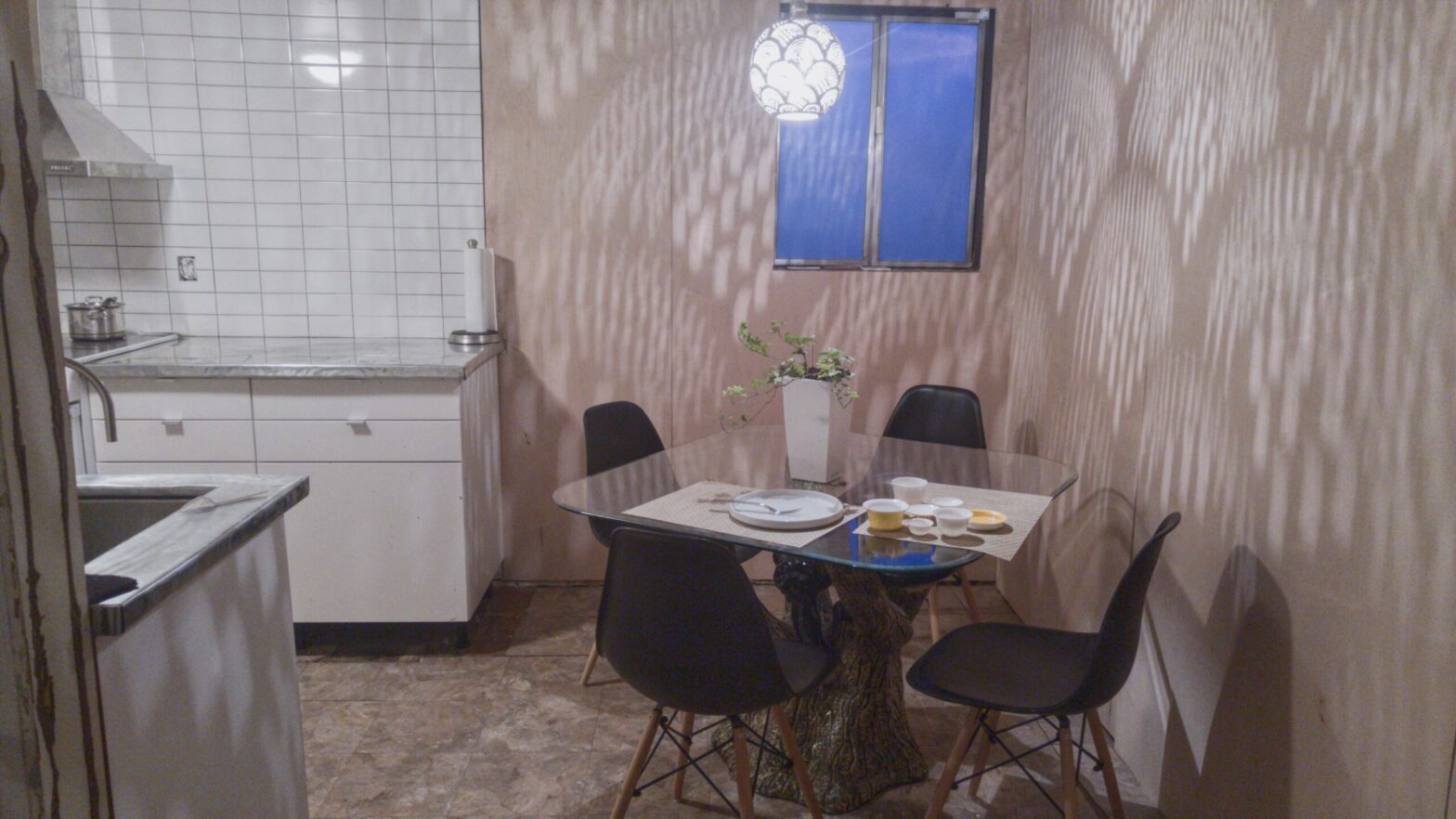I don’t think I’ve written about it before, but I’ve been into home automation for a really long time. I can’t remember exactly when I started automating things, but it was definitely no later than 1999, seventeen years ago.
Back then I used something called X-10. It was flaky, and if you wanted more than just remote switches for your lights you needed to have a windows computer running some fairly janky software.
I very optimistically bought a couple dozen motion detectors and programmed my place such that I would never have to hit a light switch. As I walked around lights would dim up and down based on where I was. I even had a sensor under the bed so that if I got up at night the bathroom lights would dim up a little bit.
Unfortunately there was also a bug I never solved that would occasionally turn all of my lights up to full brightness in the middle of the night. To cope with this I began to sleep on my stomach with my eyes in the crook of my arm. This went on for so long that it conditioned me to continue sleeping that way, even today.
In my RV I wrote my own automation software for my lights, stereo, and fan. It was pretty basic, but it was a fun project. My favorite feature is turning off my desk lamp automatically at midnight to remind me to turn off my screen.
Part of my thoughts on buying my place in Vegas was that it’s so inexpensive that I can keep it forever, even if I someday decide not to live in Vegas. That means that I’m more willing to invest time and money into the place, knowing that I’ll have it for a really long time, maybe forever. So I went all-in on automation.
Here are some of the more interesting automation bits I have:
1. When I put my phone on the wireless charging pad next to my bed, the lights turn off and the temperature turns down by a few degrees.
2. When my alarm goes off, or when I’ve been asleep for eight hours, my bedroom curtains open up. This allows me to sleep in a very dark room with blackout curtains but still wake up to natural sunlight. It’s always very bright in Las Vegas, so this makes it really easy to get up early for flights.
3. My friend’s house flooded when his water heater burst, so I got an automated valve, relay, and water sensor. Now if mine leaks it will turn it off and close the valve. It also turns off when I’m out of town.
4. I’m on an electricity plan that is extremely inexpensive most of the year, but seven times the price from 1-7pm during the summer. During those months I turn off my water heater during the peak hours. I also have the thermostat pre-cool the house full blast for two hours prior to peak hours. When peak comes it closes unnecessary curtains. This saves over $100/mo during the summer.
5. When I leave my house the lights turn off and the thermostat goes up or down by a few degrees. When I get home lights turn back on, so it feels like my lights are always on. My door also unlocks, so it feels like my house is always unlocked.
6. I’ve long struggled to keep plants alive in my house. But I now have Lechuza pots (low-tech automated watering), and I have the curtains open and close when I’m gone to give enough light to the plants. Now they’re all thriving except one which I didn’t put in a sunny enough location.
The thing about home automation is that it benefits from network effects. Each sensor or switch multiplies the number of automated tasks you can complete. So once you have most things automated there’s a big incentive to get more stuff.
The modules these days are excellent, but the software still lacks. I use Samsung Smarthub 2, which is just okay. It does some things very well, but also lacks pretty basic functionality like setting scenes (bedside lights at 50%, overhead at 15%, etc). There are apps you can install, but they’re definitely limited. If you have Android you can get an app called Tasker that lets you do some cool stuff (that’s how I do the lights off when my phone is next to my bed thing).
The common protocol these days is Z-Wave, which means that any switch or sensor that runs on Z-Wave will probably be able to be used for a very long time. So you can upgrade your software and programming, but your stuff should always work.
I try really hard to keep my mental overhead low. I eat the same thing every day, wear the same clothes every day, and make a lot of rules for myself. Home automation allows me to not think about things like lights, heating and cooling, and door locking. This sounds minor, and is, but all of these small changes add up to me being able to focus on the important things (work and people) all the time. On top of that it saves me enough electricity that it will probably eventually pay for itself.
###
Photo is my dining room. I redid the walls and the kitchen, but I still have to do the floors some day.
I’m in NYC for a few days! Just went to a great party at my friend Nick Gray’s place. He runs an awesome company called Museum Hack and wants me to link it to Team Building. I feel like my integrity may now be compromised.

Leave a Reply